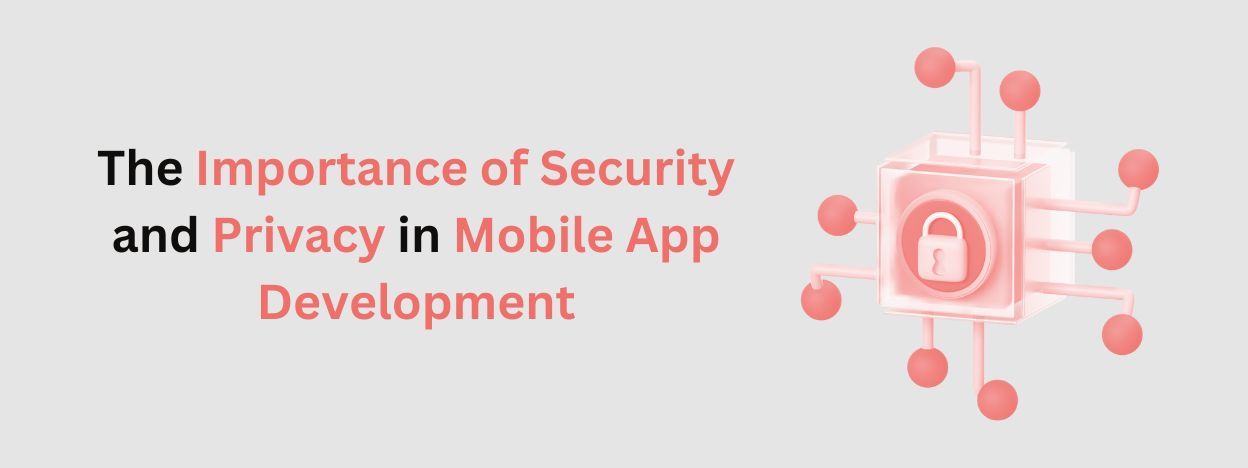The Importance of Security and Privacy in Mobile App Development

In today’s hyper-connected world, mobile apps have become an essential part of daily life — from banking and shopping to healthcare and communication. But as users share more personal information through apps, security and privacy have become more critical than ever.
Building a successful app isn’t just about great design or functionality — it’s about earning user trust through strong data protection and secure development practices.
1. Protecting User Data
Every app collects some level of personal data — names, emails, locations, or payment details. A single data breach can cause massive financial and reputational loss.
That’s why developers must use end-to-end encryption, secure APIs, and tokenization to safeguard sensitive information and prevent unauthorized access.
2. Compliance with Data Privacy Regulations
With global privacy laws like GDPR, CCPA, and India’s DPDP Act, mobile apps must ensure transparent data collection and consent mechanisms.
Following these standards not only avoids legal risks but also builds user confidence that their data is handled responsibly.
3. Preventing Cyber Threats
Hackers often target mobile apps through malware, phishing, or insecure code. Regular security audits, penetration testing, and updates help prevent vulnerabilities and keep apps resilient against evolving threats.
4. Building User Trust
Users are more likely to download and engage with apps that promise privacy and protection. Clear privacy policies, secure login systems, and transparent permissions demonstrate that your app values user safety.
Trust drives loyalty — and loyalty drives growth.
Final Thoughts
Security and privacy aren’t optional features — they’re the foundation of every successful mobile app.
Developers who prioritize secure coding, encryption, and compliance can deliver apps that users not only enjoy but truly trust.
If you’re planning to build a secure, high-performance mobile app, talk to our app development experts today to ensure your app stands strong against today’s digital threats.

